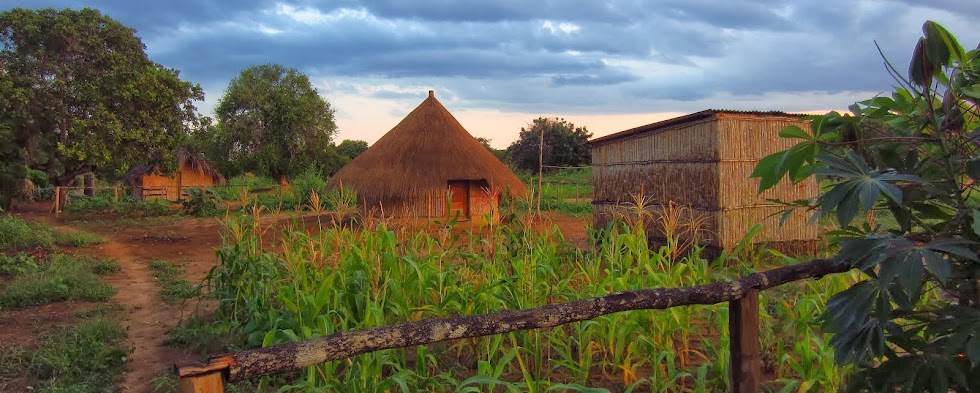Our first weekend in Bamako and we are being kept to a busy schedule! From 9am to 7pm Gie and I are on the road, with trusty Abou behind the wheel, visiting the dozens of family members around the city. Since Gie has been away from Mali for nearly 15 years, it was important for him to pay respects to his elders and also present me for a sort of unofficial evaluation as his wife.
Upon arriving at a relative's home, Gie leads the way and makes the introductions. We are greeted with hugs and handshakes. We take off our sandals at the door as a sign of respect. Then we take our seats as a younger member of the household, often a young woman, pours water into a communal cup and offers us each a drink. I smile alot following the exchanges as Gie speaks in a combination of Bambara (his local dialect) and French, exchanging some of life's biggest life updates with aunties, uncles, and cousins. We stay maybe 15 to 20 minutes at each home before offering our thanks and moving onto the next.
These brief encounters offered so many impressions. From the unique blend of Islam and west African culture to the mashup between the rich and poor, Mali challenges all assumptions about what it is or should be.
But most of all, I am finding Mali's culture to be overwhelmingly heirarchical, balanced by the nurturing of incredibly complex social relationships. By complex social relationships, I mean knowing and understanding everyone's standing within the family from sibling to great aunt and third cousins. Everyone has a role to play, especially in arbitration. While you may never outright question the decision or speak against those older than you, a wise Malién will regularly work the back channels to have their concerns expressed to the person in charge without suffering the consequences of dissent. In other words, if I disagree with a decision of the patriarch, one could talk with the aunties who talk with their husbands who then meet with their brother (a peer) to make those concerns known.
To an American who was raised on a strong sense of individualism and direct often times blunt communication, this process still amazes me! Americans would likely find this cultural practice maddenly passive - yet I have a feeling the rest of the world would label it artful diplomacy. And while it's not the first time I've witnessed this sort of cultural phenomenon, it is the first time it's personal. Gie's role as the first born son of the oldest child on his father's side puts him in a leadership position automatically, which vicariously means that as his wife I am also allowed some privileges. But those privileges also come with specific duties and expectations. Essentially, these first few days I am trying to learn all those unspoken rules, perform certain roles, speak a new language and avoid as much embarrassment as possible.
Least to say I'm exhausted.
Despite navigating a different social currency however, I must clarify that my various cultural bumbles have been treated kindly and gently corrected when necessary. My husband's family has truly welcomed me with open arms and incredible hospitality. Thanks to them the culture shock is much less than it would be otherwise. I will keep on smiling until I simply can't any longer.






